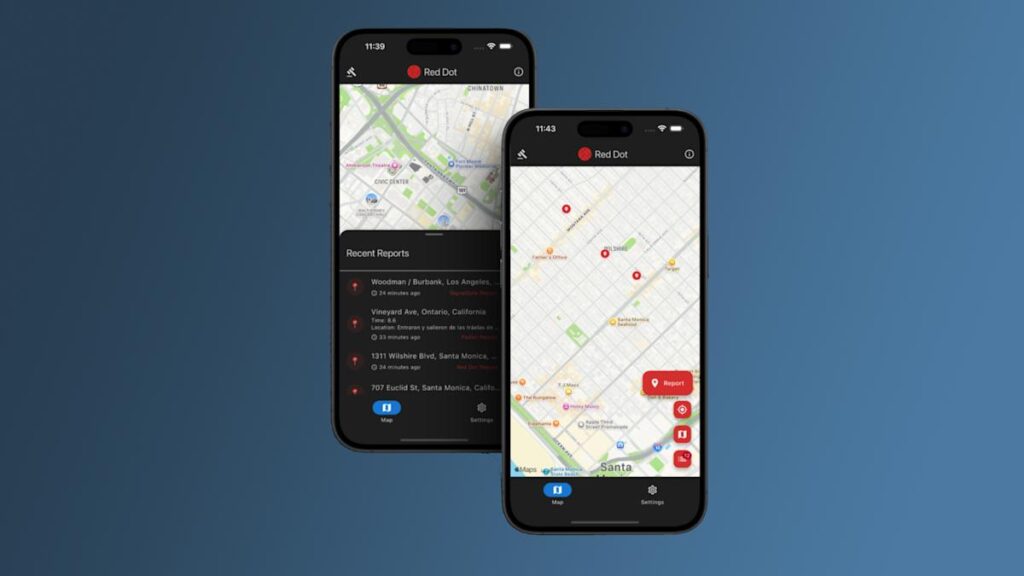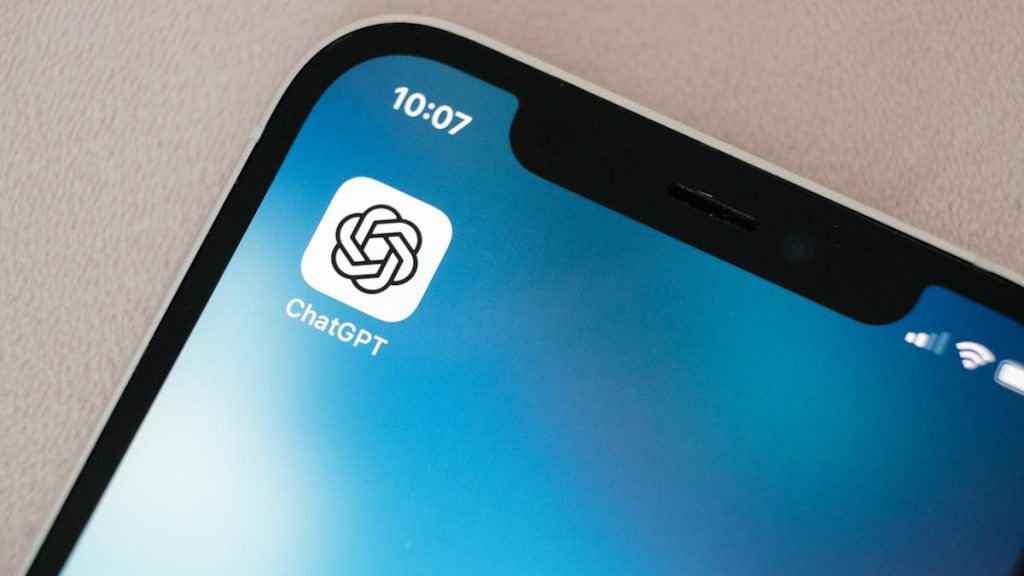Senators demand ICE cease use of facial recognition app

Senators Edward J. Markey, Ron Wyden and Jeff Merkley Thursday to Acting US Immigration and Customs Enforcement (ICE) Director Todd Lyons urging the agency to stop using “Mobile Fortify,” a smartphone app that uses biometric identification, including facial recognition. The lawmakers said facial recognition and warned that real-time surveillance could have a chilling effect on constitutionally protected activities.
“As studies have shown, when individuals believe they are being surveilled, they are less likely to engage in First Amendment-protected activities, such as protests or rallies — undermining the very core of our democracy,” the senators wrote.
They requested answers from the agency by October 2 as to who built the app, when it was deployed, whether ICE tested its accuracy, the legal basis for its use and current agency policies governing the tool’s use. They also asked whether ICE would commit to ending the use of Mobile Fortify, and to explain why if they would not. The letter was also signed by Senators Elizabeth Warren, Cory Booker, Chris Van Holle, Tina Smith, Bernie Sanders and Adam Schiff.
Earlier this summer The Washington Post reported that the New Orleans police were secretly using facial recognition on a private camera network of over 200 live feeds. This went on for two years despite city ordinances requiring the technology only be used to search for specific suspects of violent crimes, and that the use be documented and reported to the city council. Facial recognition technology remains controversial, though a plurality of Americans support its use in both law enforcement and the workplace, with limitations.
As there is still no federal regulation on the use of facial recognition, states have been left to craft their own guardrails, with states like allowing individuals to sue for damages over misuse of biometric data and requiring written consent for its use. Last year Meta to the state of Texas (the largest financial settlement ever paid out to a single state) for allegedly collecting biometric data on millions of Texans without their consent.













